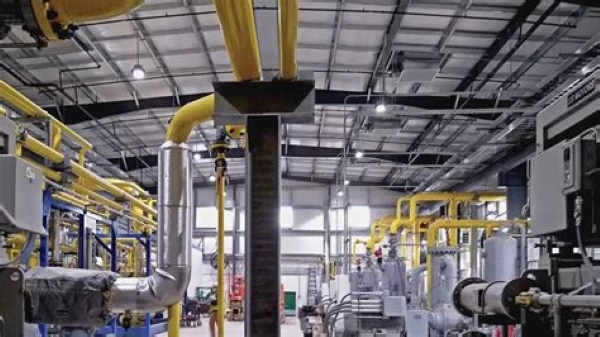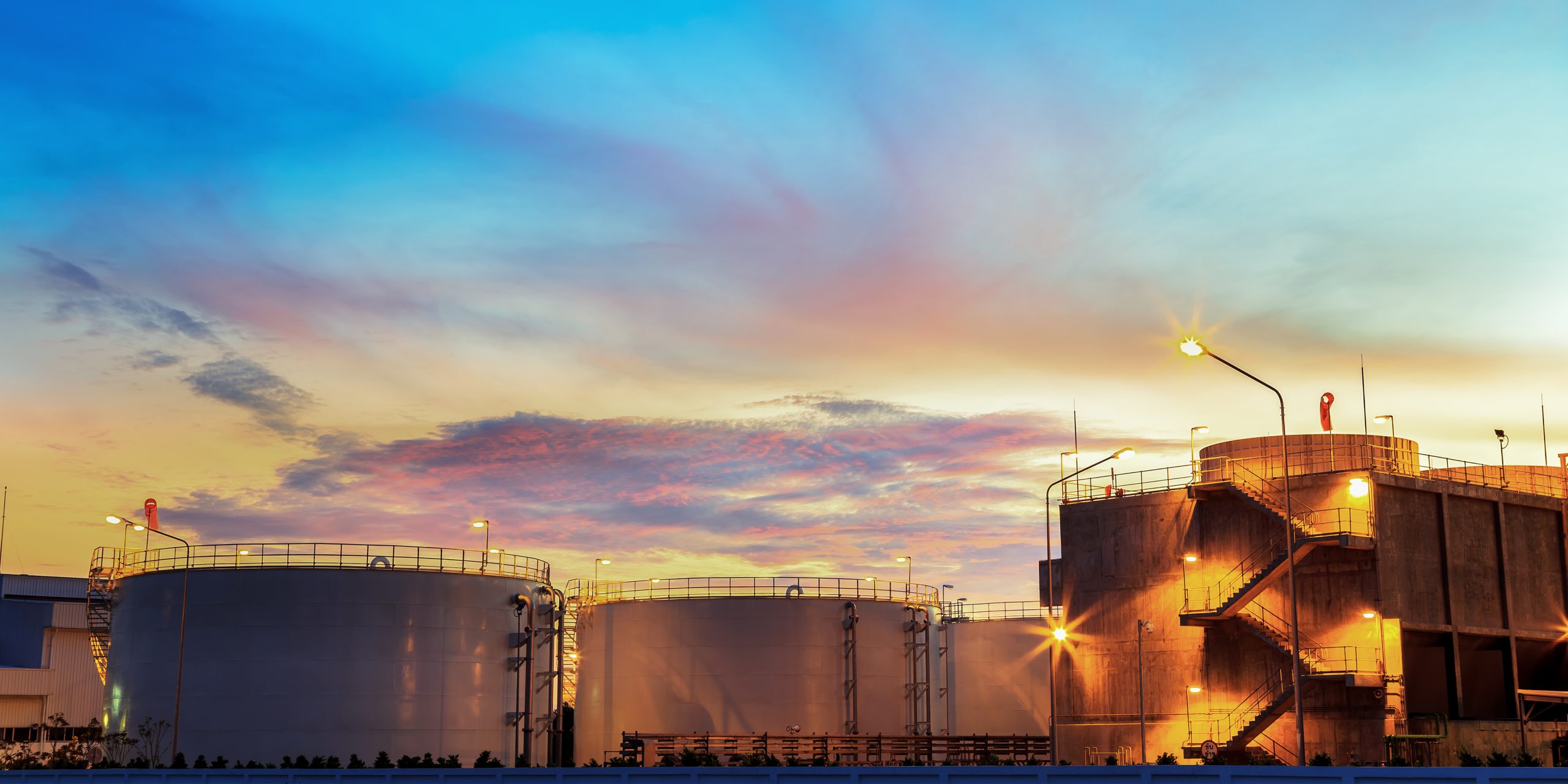The Emerald RNG facility is a GFL Environmental and OPAL Fuel’s development that converts landfill gas into renewable natural gas (RNG) for use in transportation and energy markets. Located at the Arbor Hills Landfill in Michigan, the project captures biogas generated from decomposing waste and converts it to RNG. The facility started commercial operations in late 2023 and is supplying RNG to GFL’s CNG fleet and extended regional energy markets. OPAL has also since launched another RNG facility in New Jersey in partnership with ACUA as it continues to venture in the states.
Emerald RNG Facility Project Factsheet
Location: Arbor Hills Landfill, Michigan
Developers: GFL Environmental and OPAL Fuels
Feedstock: Landfill biogas captured from waste decomposition
Design Capacity: 10,000 standard cubic feet per minute (SCFM) of landfill gas
Output: More than 2.5 million MMBtu of RNG per year
Status: Commercial operations ongoing since 2023
Development Timeline
2021: GFL Environmental and OPAL Fuels announce a 50/50 joint venture to develop multiple RNG projects across the U.S.
Mid-2022: Construction begins at the Arbor Hills Landfill site in Michigan
Early 2023: Equipment installation reach final phase
Mid-2023: Construction officially complete
Mid-Late 2023: Facility marks start of full commercial operations

Construction at GFL Environmental and Opal Fuels RNG Plant in Michigan Completed
Reported June 23, 2023 – Construction of GFL Environmental Inc and Opal Fuels‘ new RNG production plant in Michigan has now been completed.
This is the first of two RNG projects that have been announced that will be built through the joint venture. The second project, which is in North Carolina on the other hand, will start commercial operations next year. At seven other dump sites, GFL and Opal Fuels are pursuing renewable energy projects that are in varying phases of development.
The Emerald RNG facility will collect organic waste-derived biogas from the landfill’s decomposition and purify it into RNG. The facility’s nameplate landfill gas capacity is 10,000 SCFM (283 m3/d). Further, its annual RNG production will exceed 2.5 million MMBtu or around 20 million gallons of gasoline-equivalent.
Reduced GHG emissions at the landfill and the substitution of low-carbon fuel for diesel are the results of landfill-gas-to-RNG facilities, which offer a tested method to minimize emissions throughout the transportation network.
More than 1500 heavy-duty vehicles will not emit any Scope 1 emission. This is thanks to the RNG that the facility will produce. Furthermore, some of GFL’s US compressed natural gas (CNG) fleet will use some of it to run.
More on GFL Environmental and Opal Fuels RNG Plant in Michigan
The fourth-largest diversified provider of environmental services in North America is GFL Environmental Inc. (GFL), and Opal Fuels Inc. (Opal Fuels) is a vertically integrated manufacturer and supplier of renewable natural gas (RNG) and alternative energy.
According to Patrick Dovigi, founder and CEO of GFL, “The finished construction of our largest landfill-gas-to-RNG projects is an important step for GFL toward achieving our ambition for a low-carbon future. This RNG project furthers our own sustainability objectives.
It lowers GHG emissions from both our fleet and our landfills. Additionally, it achieves the objectives of our customers, by avoiding emissions through the advantageous reuse of RNG to replace applications for virgin fuel.

Leave a Reply